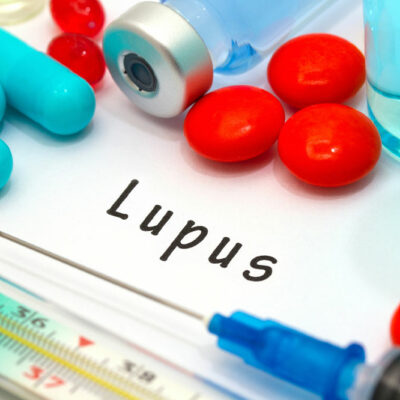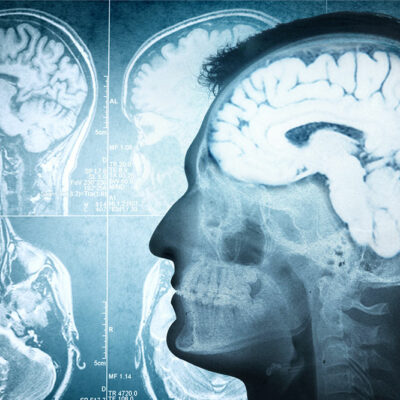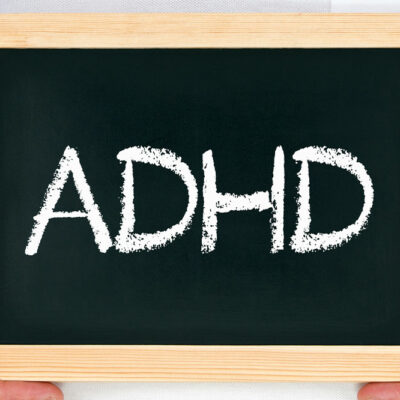
health
7 key benefits of using autoclavable mouthpieces
Dental procedures can be painful and time-consuming, not to mention quite uncomfortable for the patients if they have to keep their mouth open without any support. Therefore, dentists use a molded mouthpiece that helps improve access and provides a more sterile environment to perform complicated dental procedures safely. Here are some key benefits of autoclavable mouthpieces that explain why this is a value-added purchase for dental professionals to buy and incorporate into their daily consultations. Benefits of using autoclavable mouthpieces There are many advantages of using this technology for getting dental procedures done. Better visibility The autoclavable mouthpiece is simple to use and easy to install. It has a special cheek retractor that allows the patient’s cheeks to stay retracted and improve visibility while performing micro dental procedures. Better airway protection The design and shape of the mouthpiece also protect the airway from particulate matter that can get dislodged during a dental procedure and go down the airway. Also, a dedicated tongue shield prevents any injury or trauma to the oral pathway when using sharp instruments. Bite block guard One of the highlight features of an autoclavable mouthpiece is the bite block that comes with adjustable sizes. So, patients can comfortably use the device with adjustable settings that allow maximum room and comfort.




















